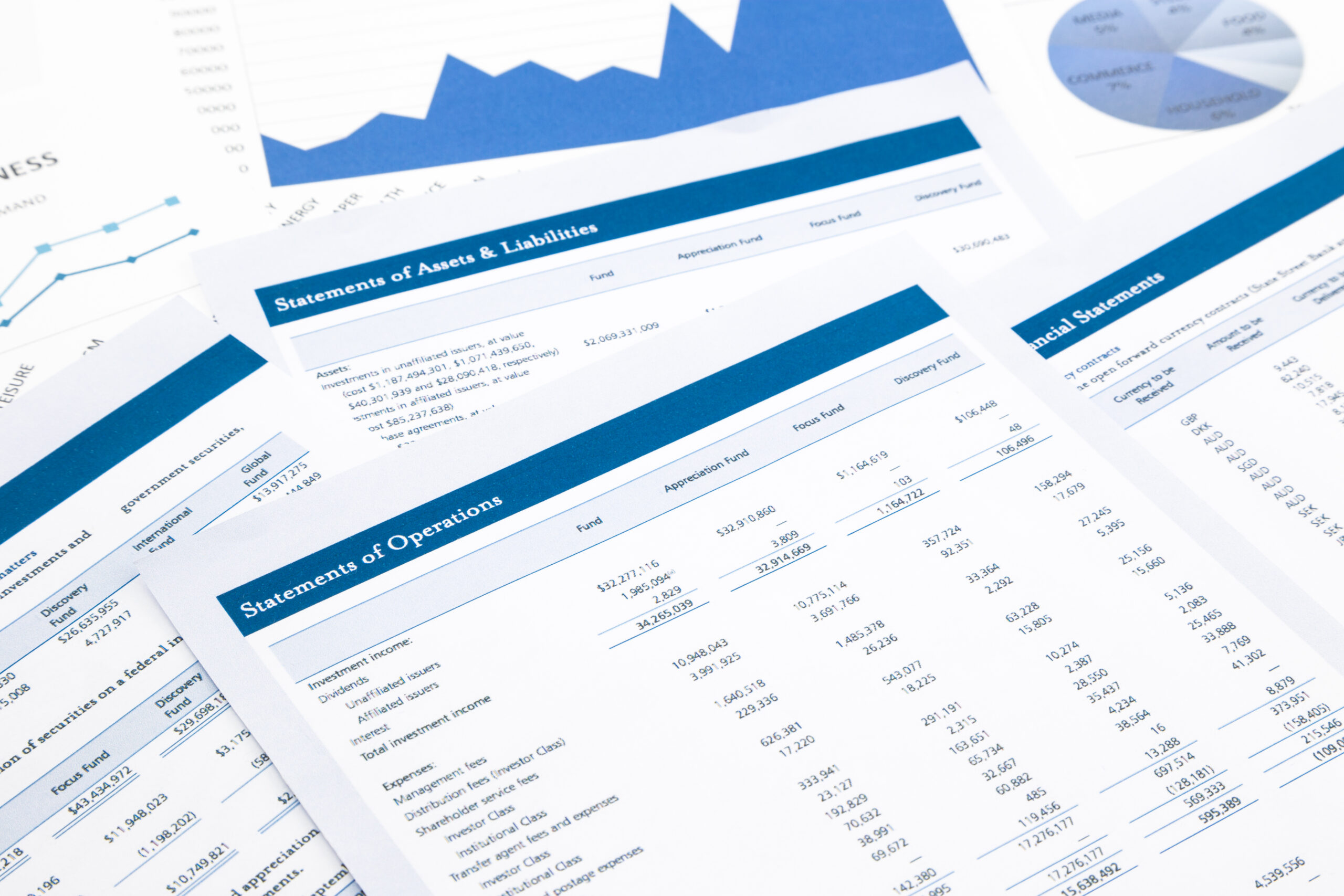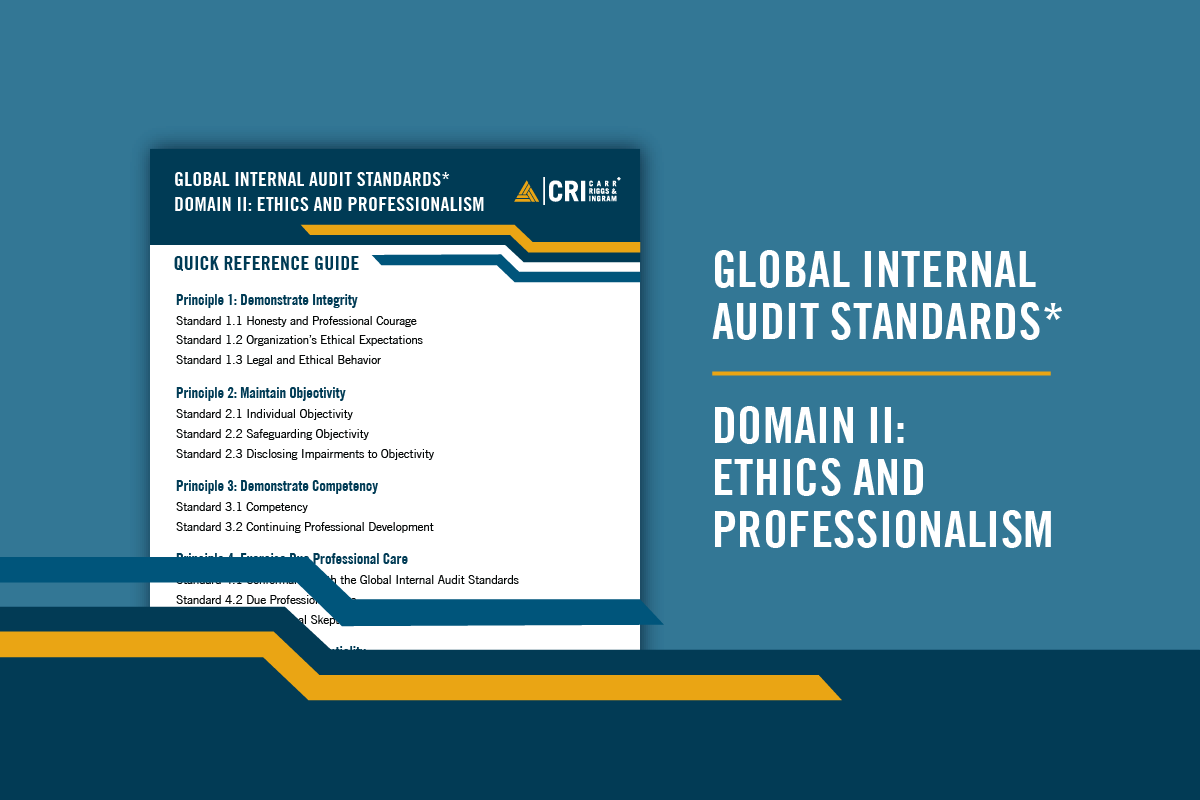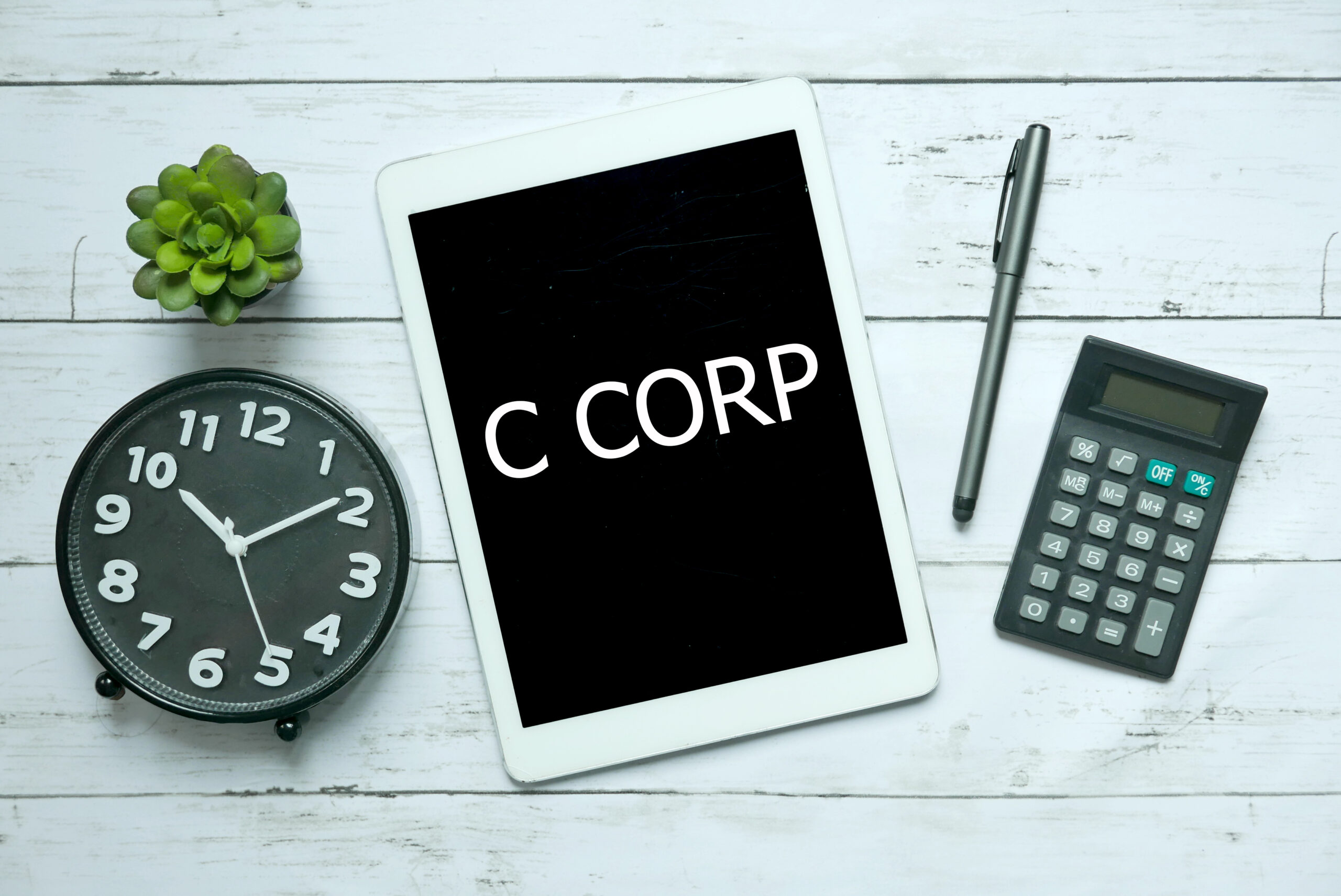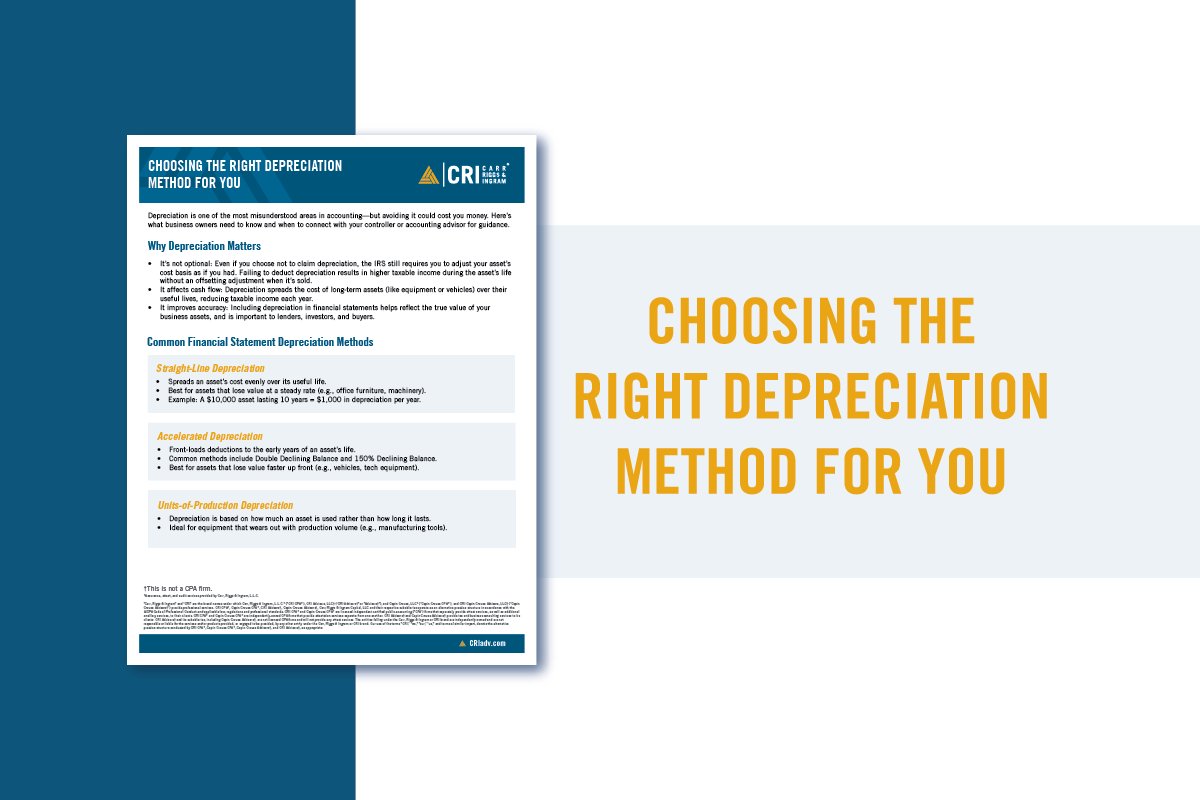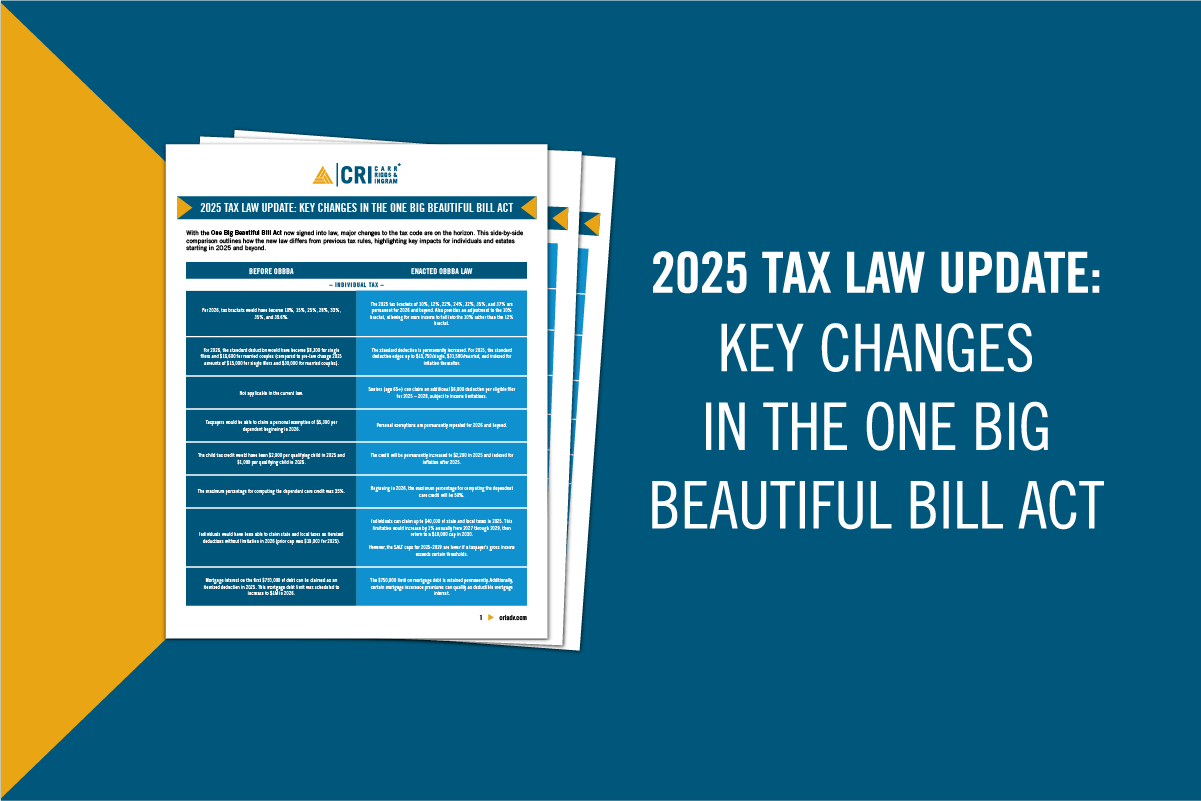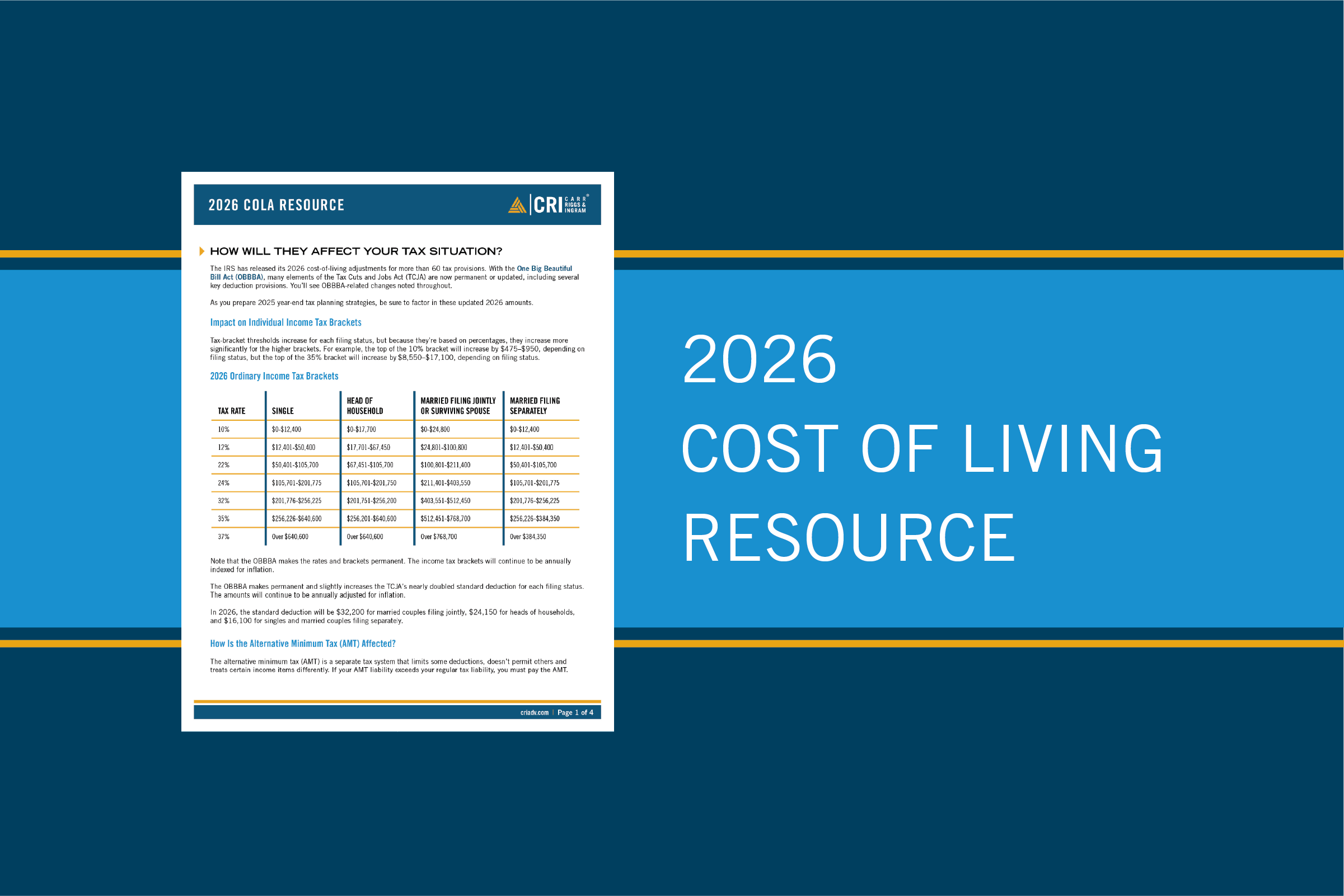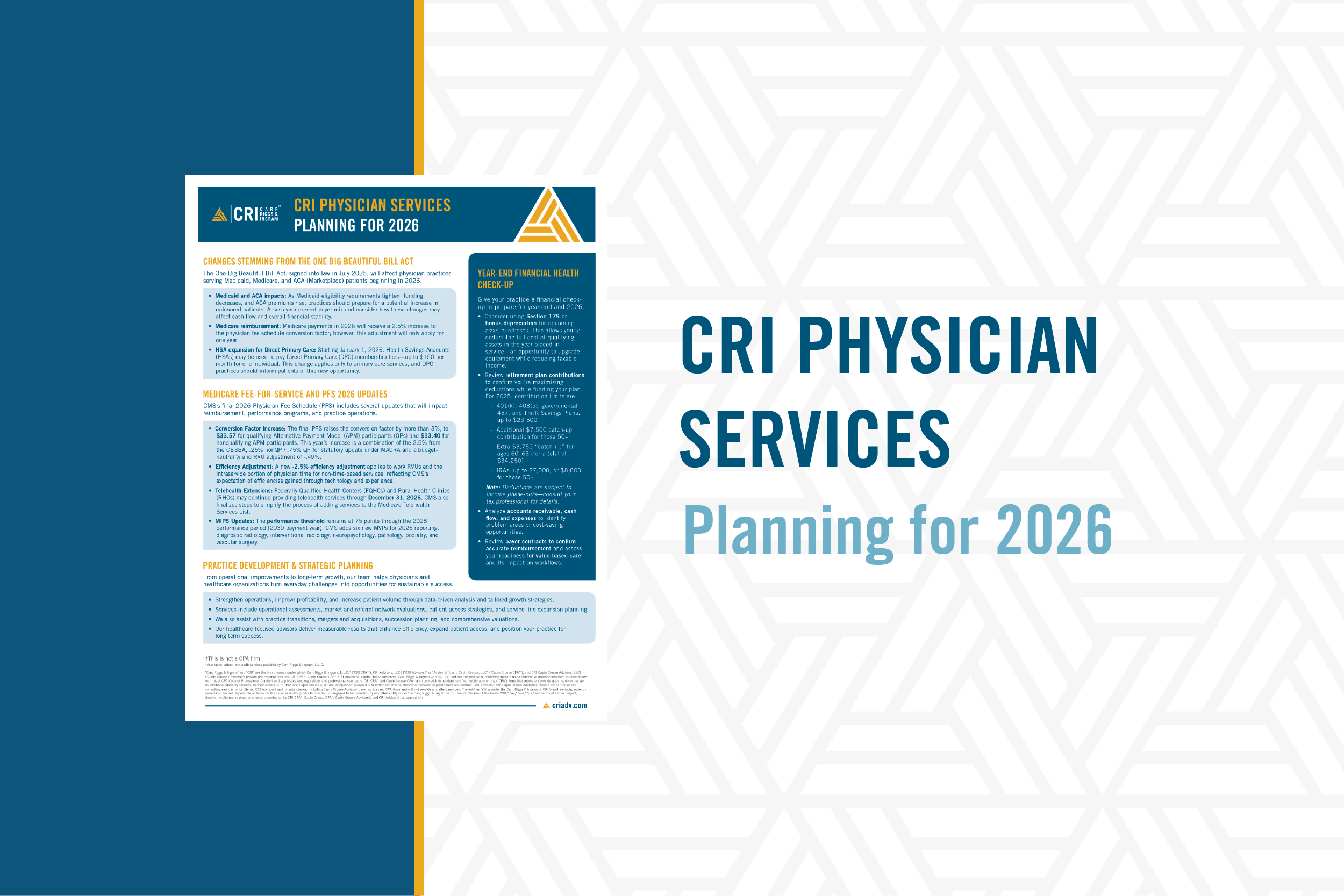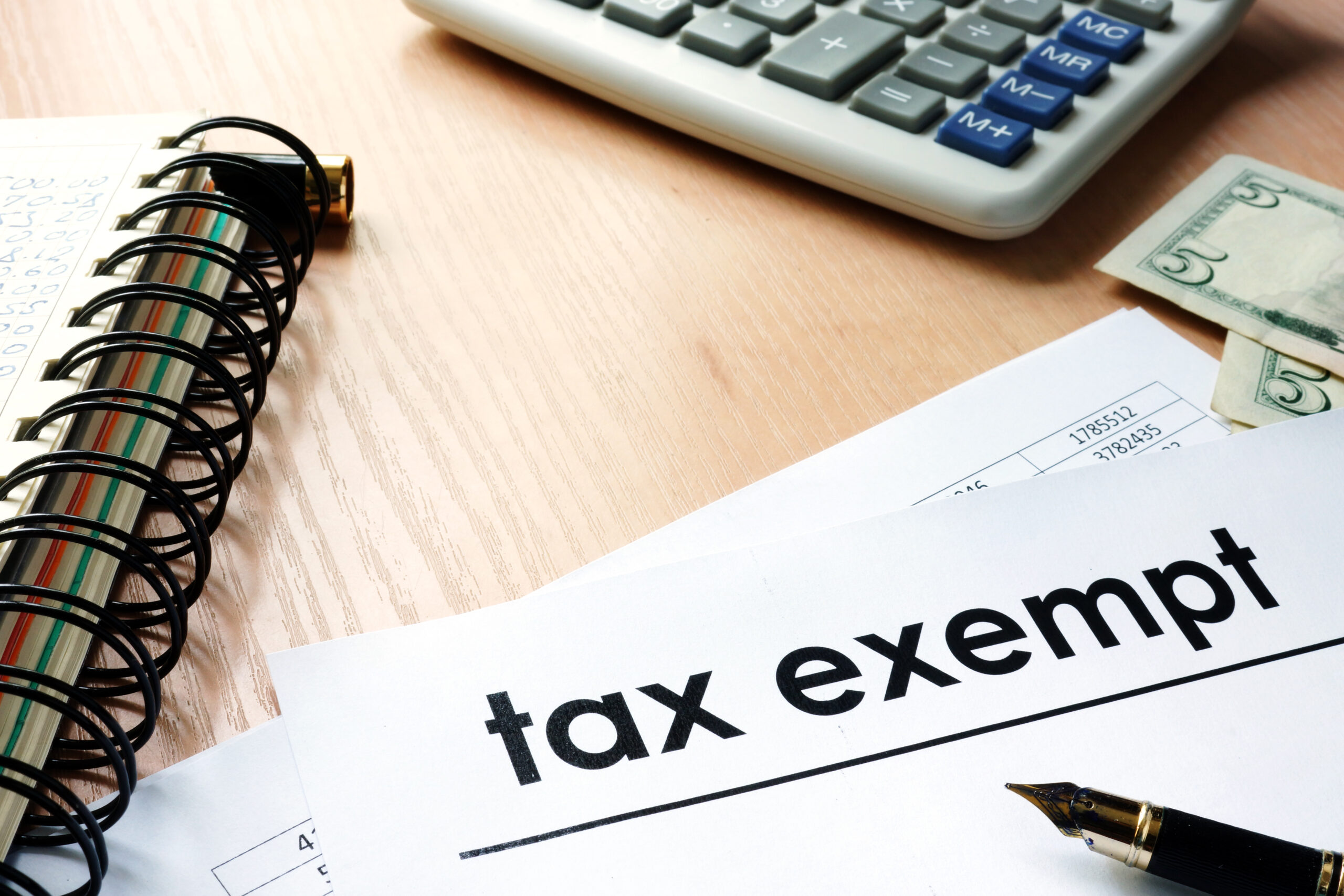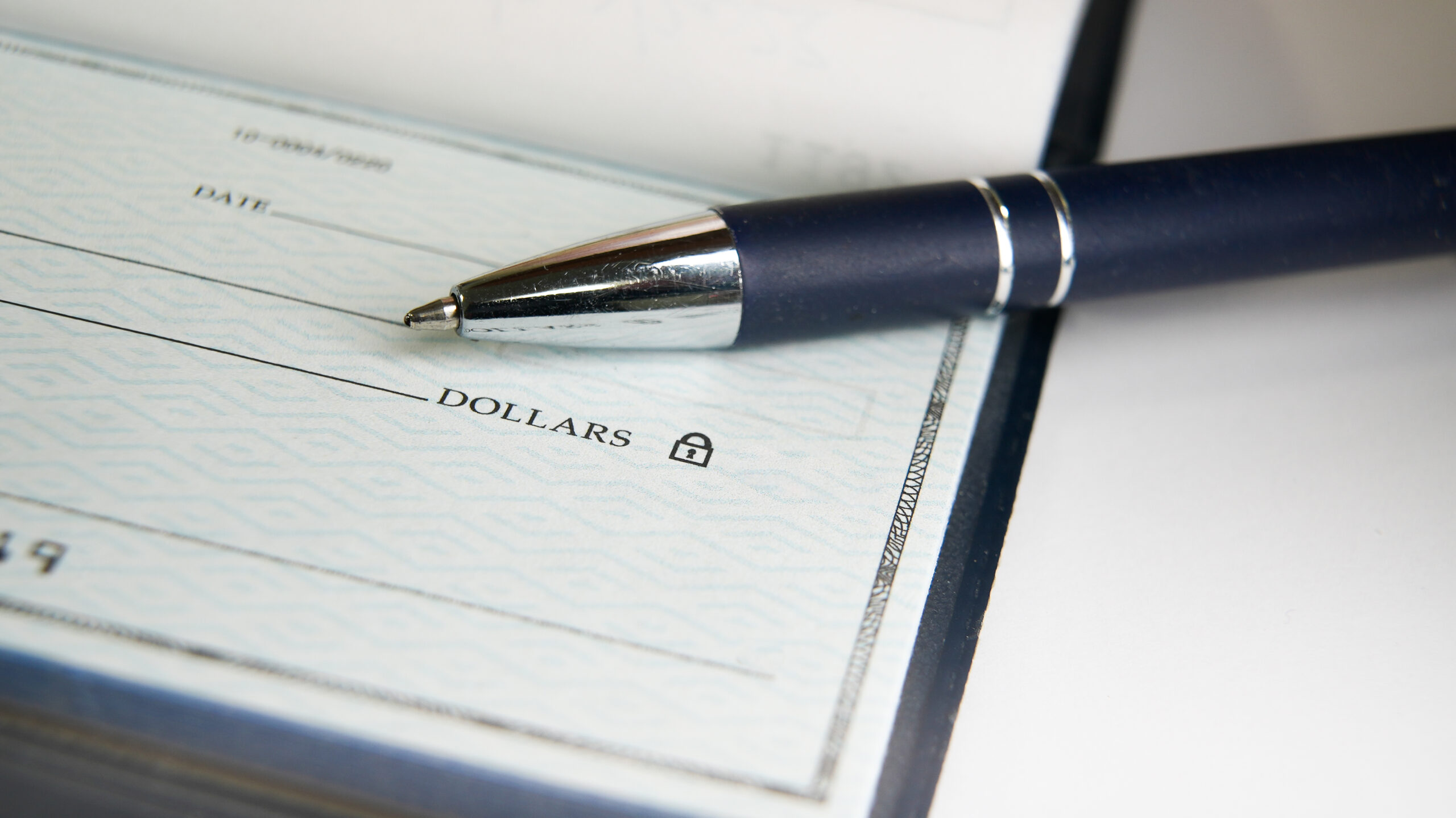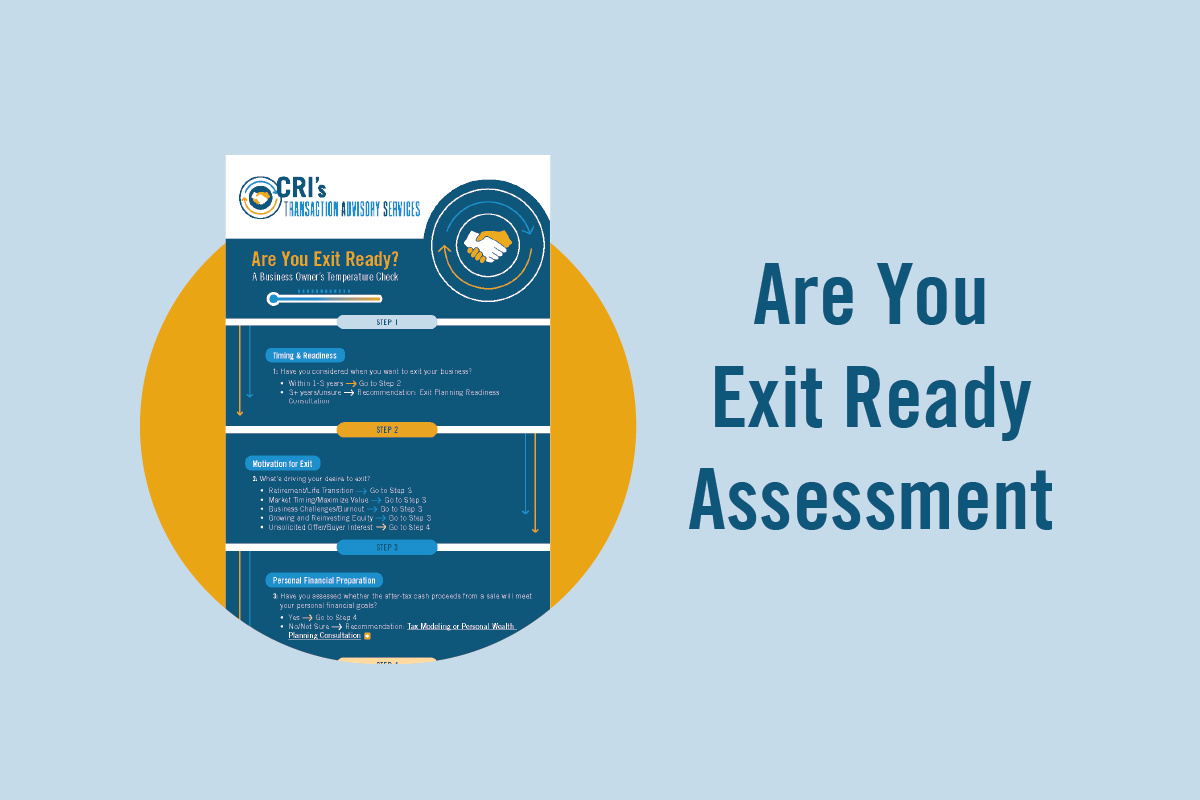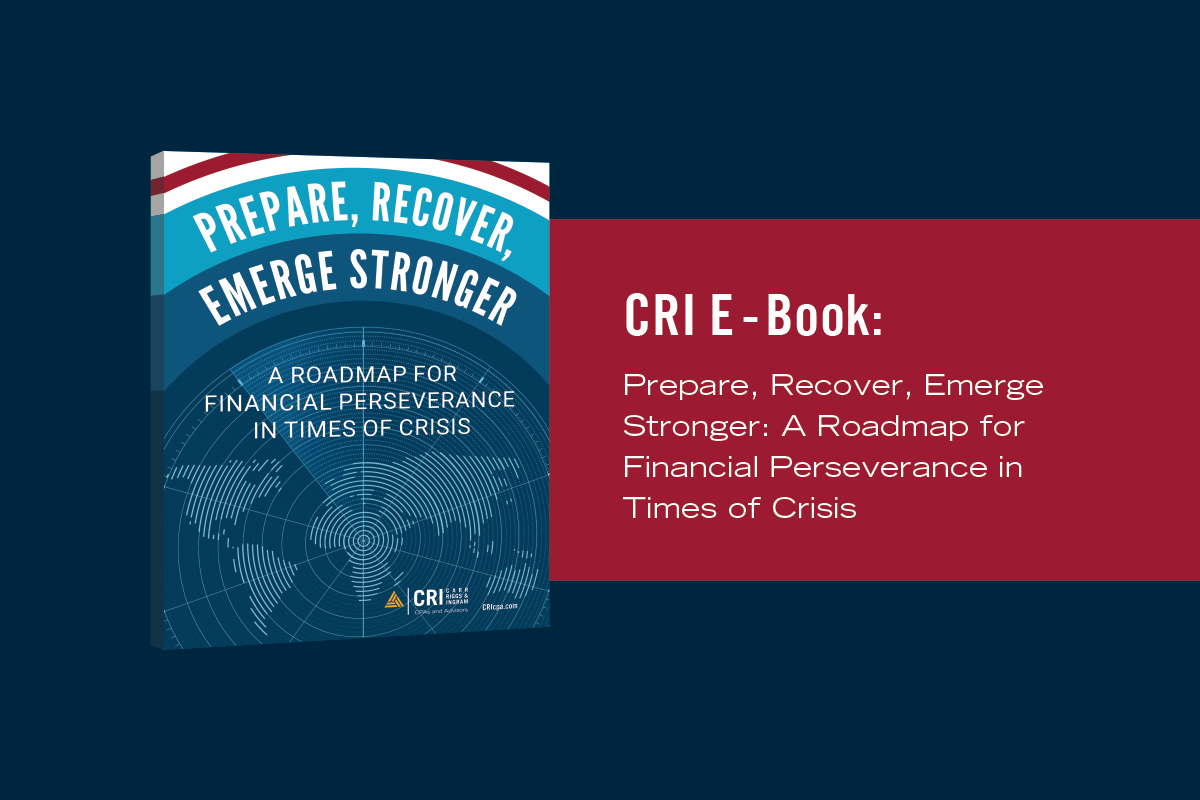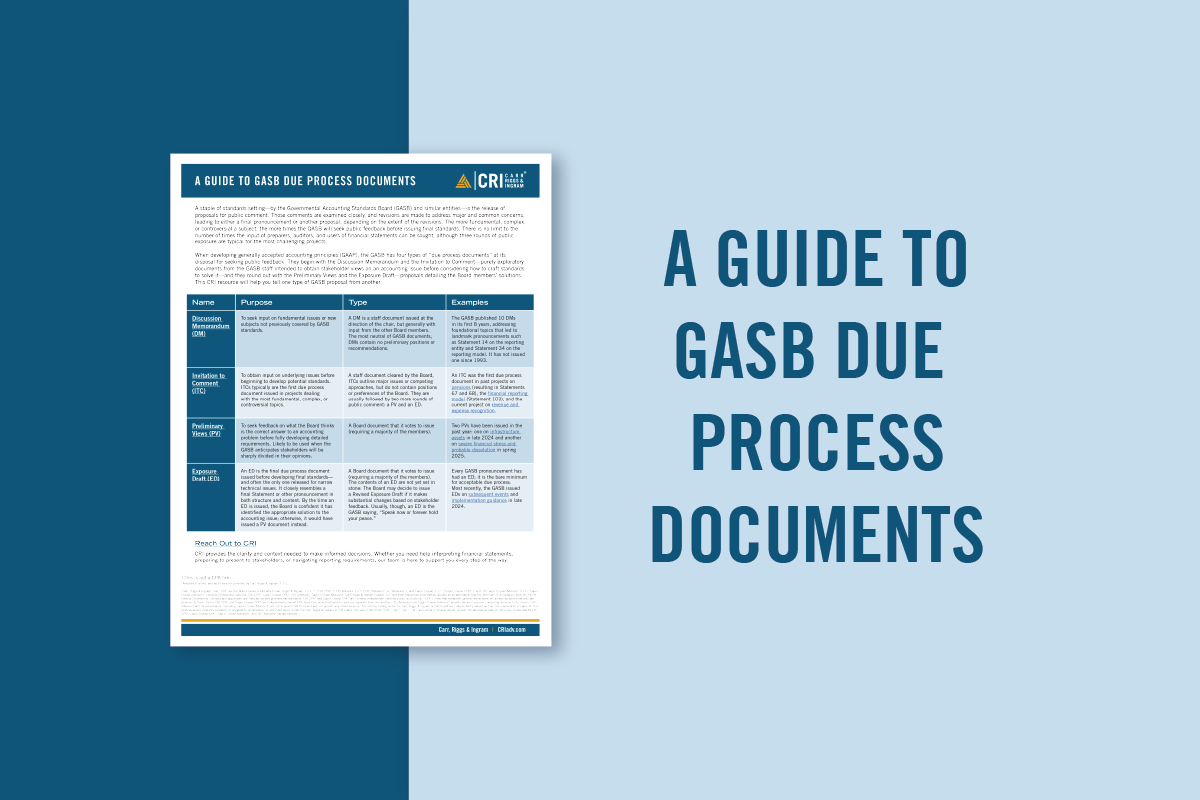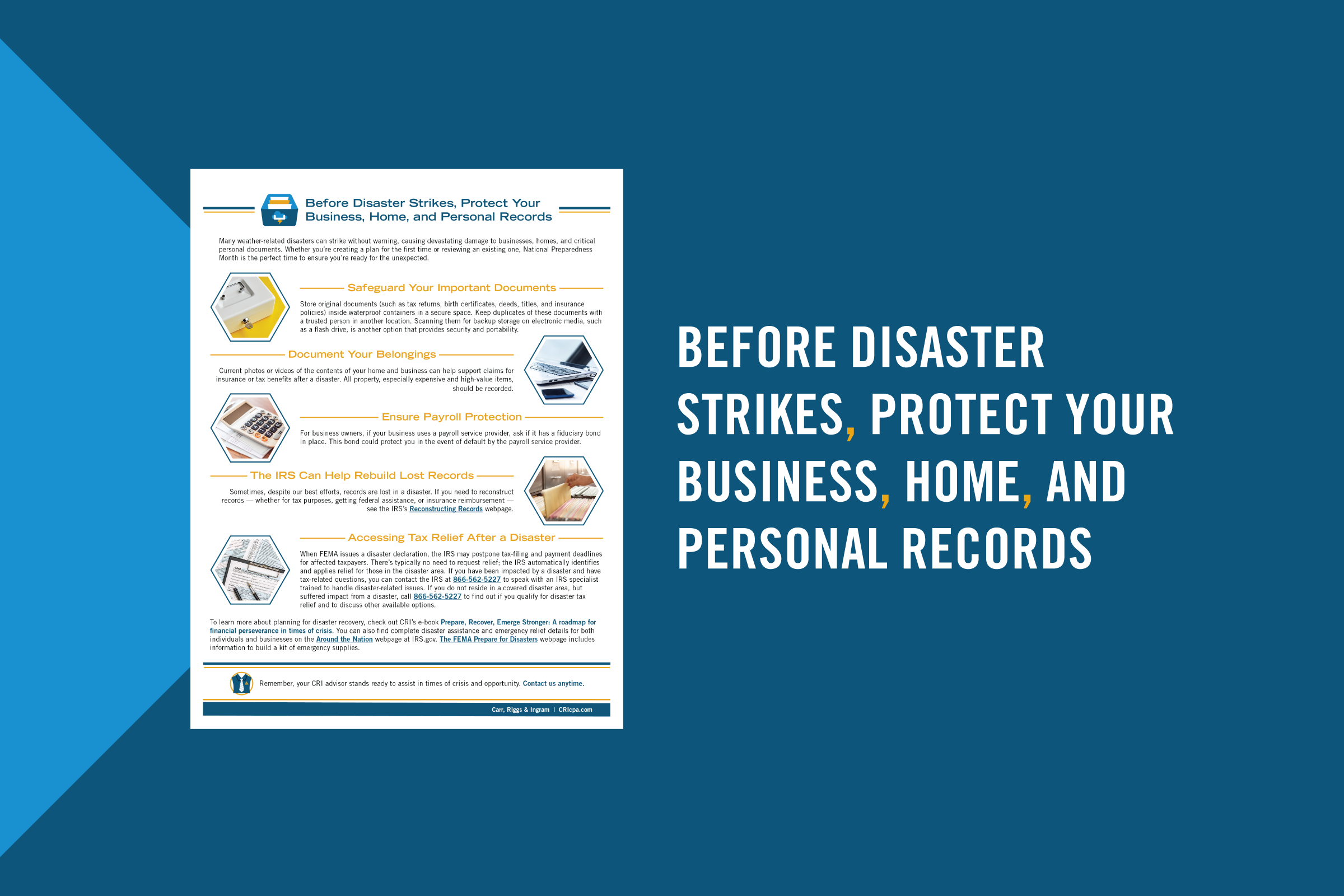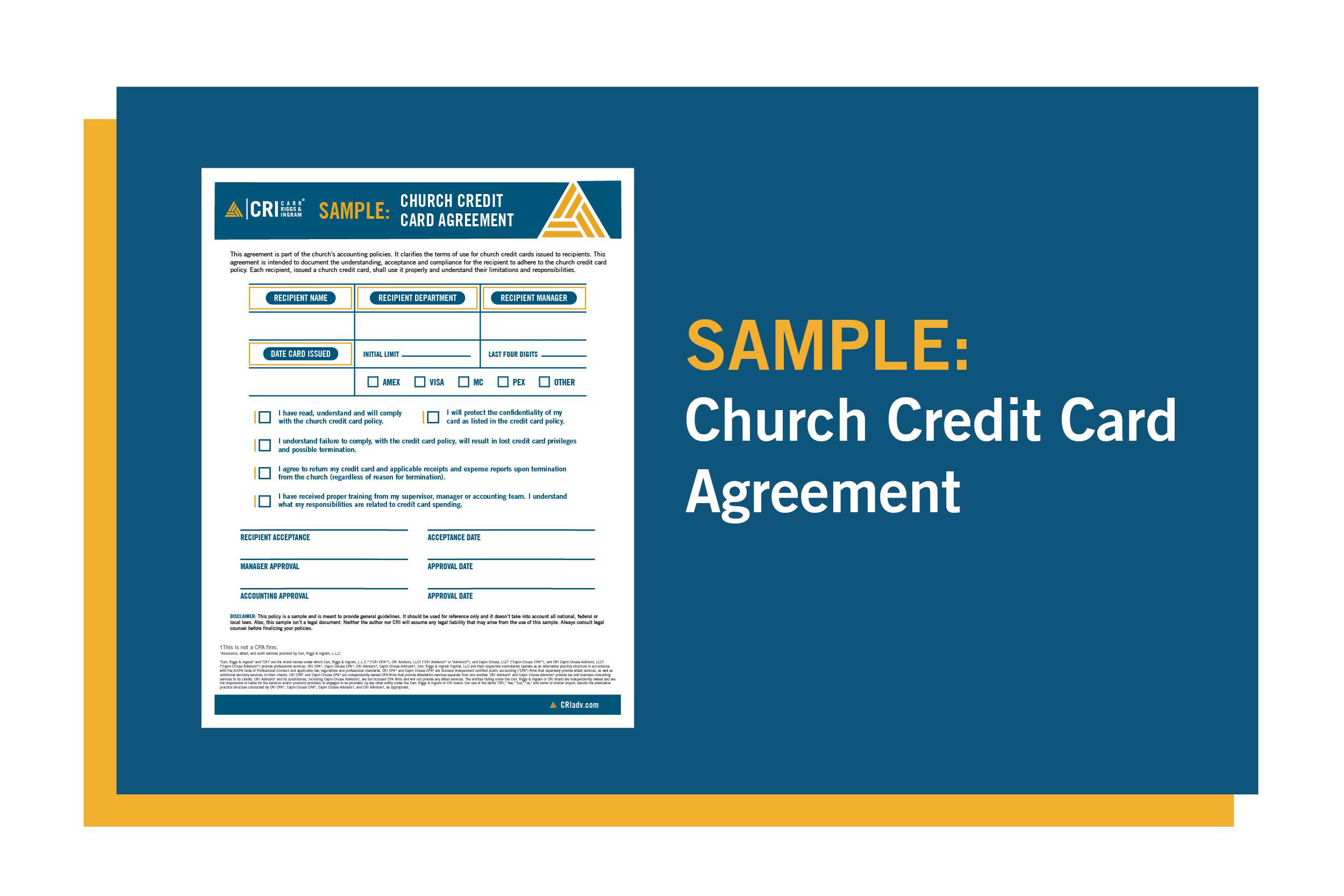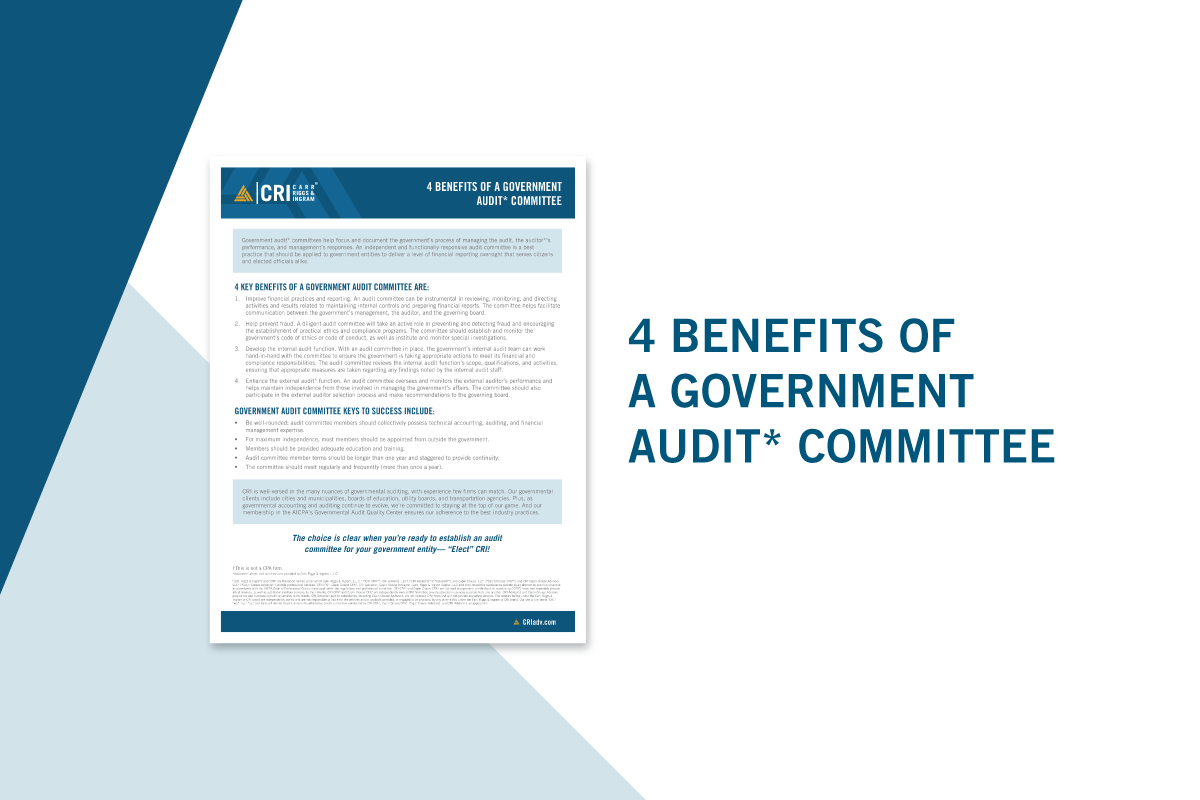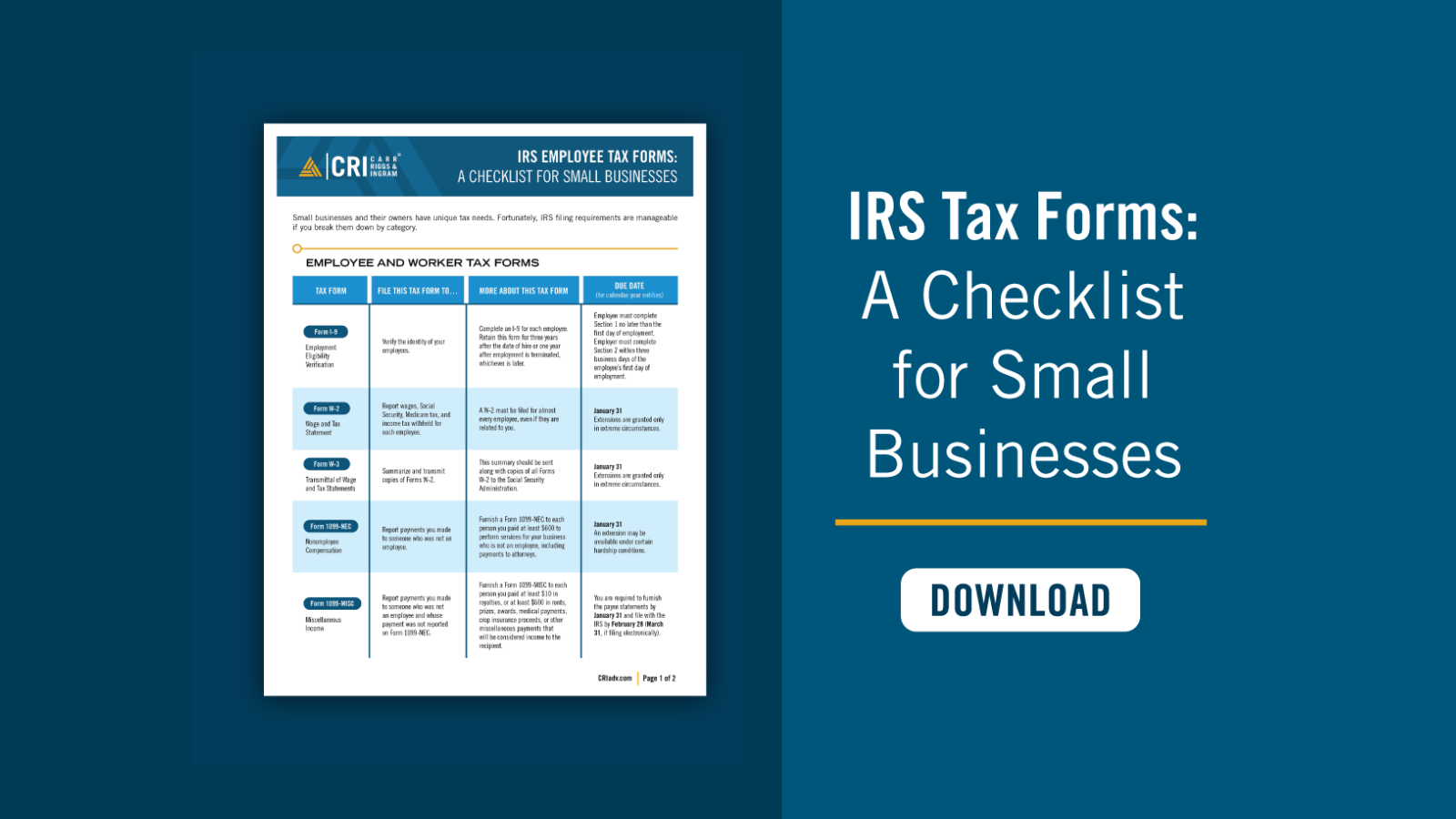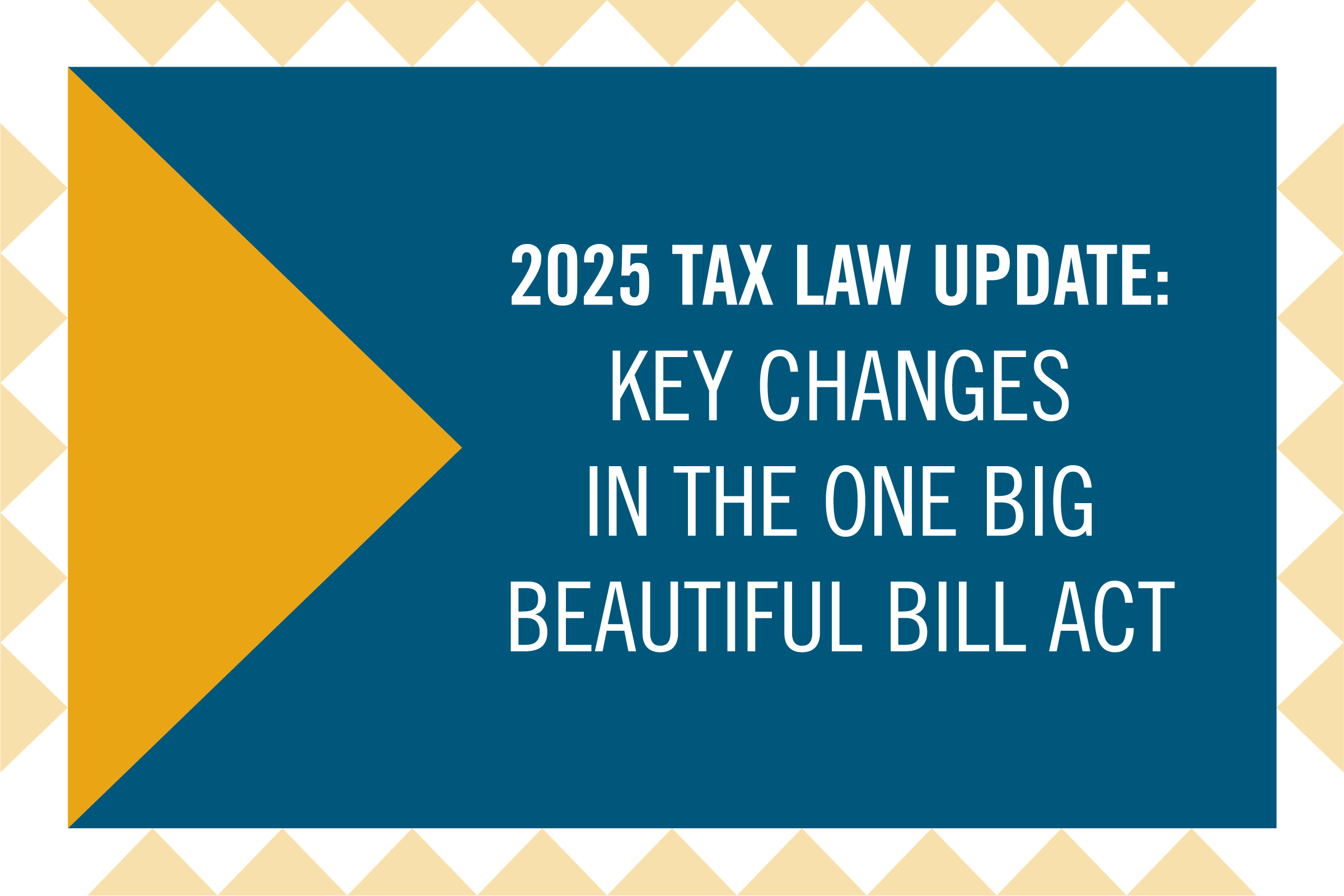“Yours, Mine, or Ours?”: Identifying and Valuing Marital Property
Feb 22, 2018
The first part of our “Yours, Mine, or Ours?” series introduced Bob and Helen, a divorcing couple living in Texas. In the first meeting with her attorney, Helen discovered that the couple owns assets in several categories, each of which will be treated differently in the divorce proceedings. This second part follows Helen as she learns more about determining which assets belong to the marital estate, valuing those assets, and discovering potentially hidden assets.
Helen Seeks Marital Property Counsel from Another Specialist
At their next meeting, Javier, Helen’s attorney, says, “You know, Helen, you and Bob have worked with the same accountant for over 20 years. I bet she knows a lot about your business and overall financial situation. Have you asked her for advice on separating your assets fairly and at the lowest tax cost? She may be able to trace separate property that was commingled with community assets and help you determine the value of any community assets.”
Javier and Helen meet with Ruth, Helen’s accountant. Ruth listens as Javier and Helen explain their concerns about mixing separate and community property and determining the values of the couple’s businesses. Helen also reveals her suspicions that Bob may be covertly conducting some of the business for cash and excluding these transactions from the company’s books and records.
Tracing Separate Property
Ruth explains how tracing separate property can result in a more equitable property division. “I see from Javier’s chart that some separate property was mixed with other property. For example, the brokerage account includes funds you inherited, income earned on the investments, and Bob’s gift from his parents. By tracing the source of funds added to the account, we may be able to identify how much of the account is each person’s separate property and how much is community property.”
Valuing Closely-Held Businesses
Next, Ruth describes the valuation process for closely-held companies. “Using information from your business tax returns and financial statements, we analyze the company’s financial history. We research additional information – including any sales of similar companies – to help assess the value of your business. Then, we prepare a report that states our opinion of your company’s fair market value, which is the price for which a hypothetical, willing buyer would purchase (or a seller would sell) the company. This report can help you and Bob in your negotiations. In the event of a dispute, judges often find business valuation reports useful for dividing marital assets.”
Gathering Forensic Evidence
“Helen, you also expressed concern that Bob may be conducting some of the business activities in cash and possibly omitting this activity from the company’s books and records,” Ruth says. “Such actions could result in a potentially serious situation. If evidence shows that Bob excluded a significant amount of income from your records, then the value of the business may be understated. I recommend you speak with one of our firm’s forensic accountants, who can explain how we investigate potential fraud..”
Requesting Expert Witness Testimony
“Ideally,” Ruth continues, “you and Bob will reach an agreement on how to divide your property equitably. However, if you go to court to resolve a dispute, our firm’s specialists can offer testimony to help the judge reach a fair conclusion.” Helen and Ruth agree to meet again to discuss the income tax considerations surrounding Bob and Helen’s divorce.
Seek CRI’s Advice for Identifying and Valuing Your Marital Property
CRI understands the challenges related to dividing marital property. Therefore, we provide a wide variety of services – including forensic accounting, business valuations, and expert witness testimony – to help you obtain (or retain) your assets at the end of your divorce proceedings. Just as Helen sought help from a professional, you may contact us today if you need assistance handling your marital property.









